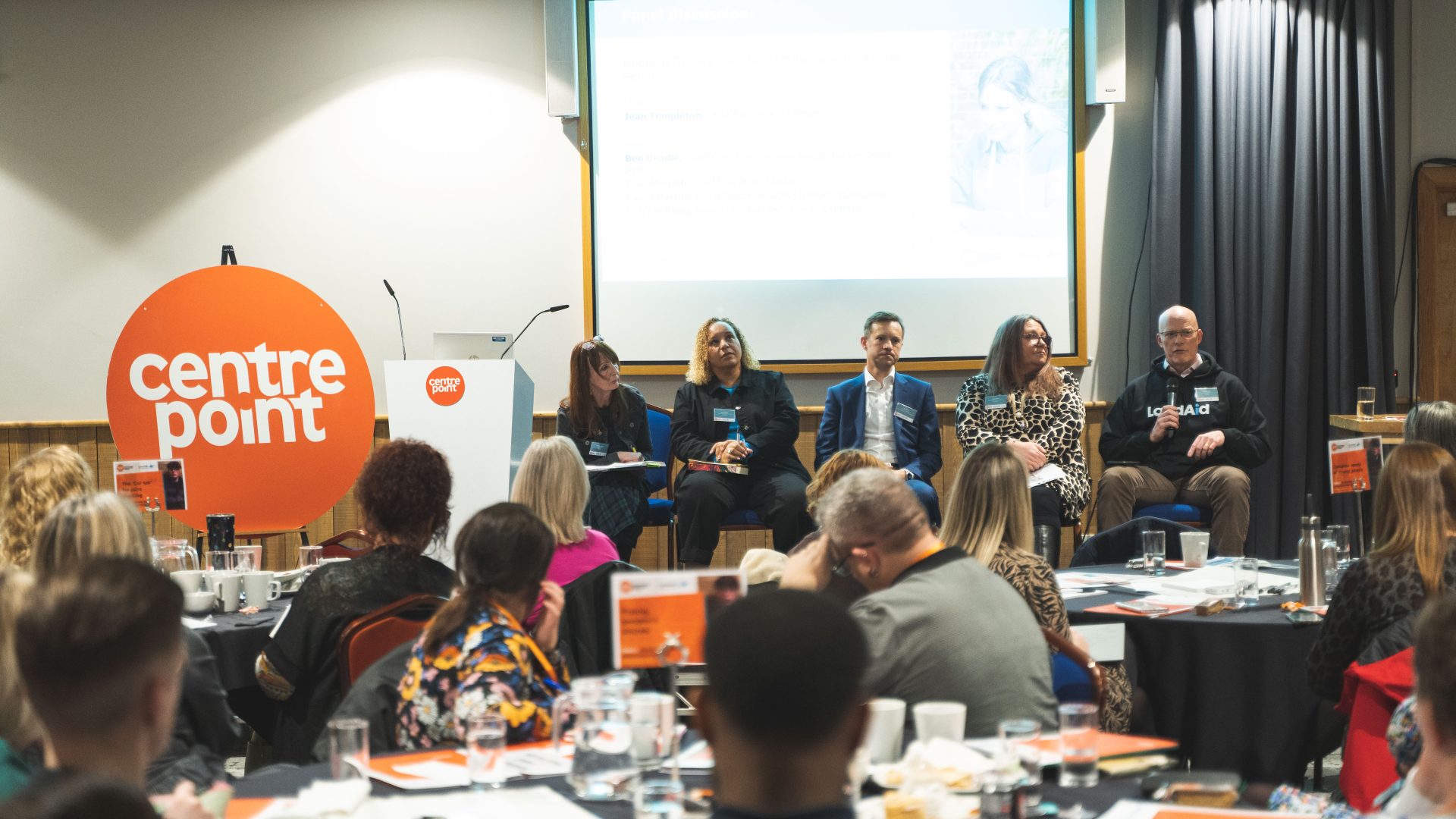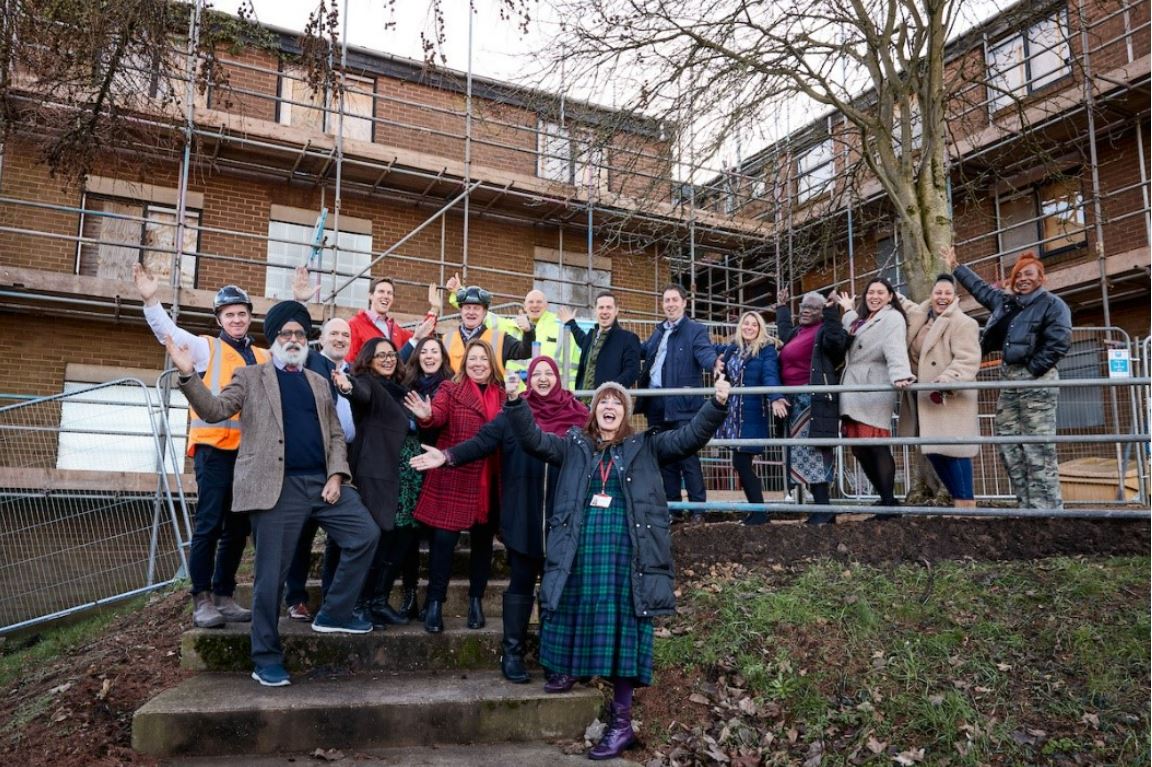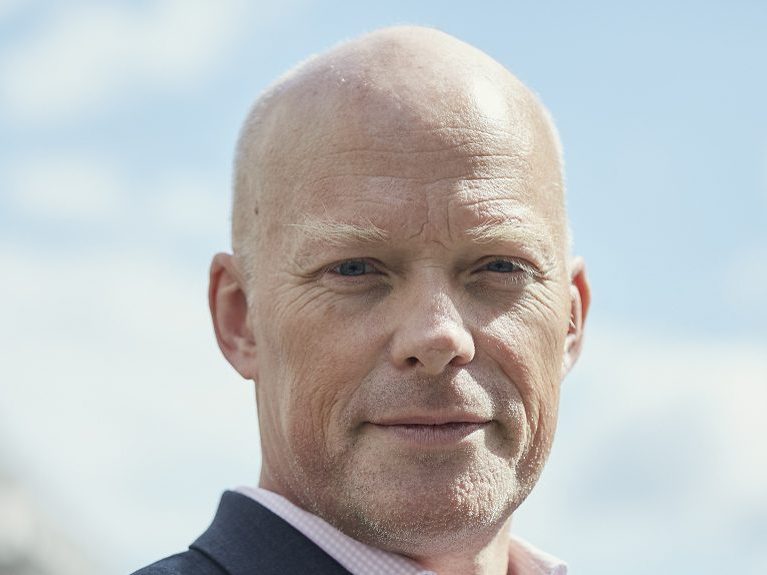The Coventry Arena event saw local and national organisations in the sector come together to discuss the growing issues facing young people experiencing homelessness in the UK. Through keynote speeches, break out discussions, and most valuably, an opportunity to hear from former Centrepoint residents, there are lessons, learnings and ultimately much action that needs to be taken to shape future work in ending the youth homelessness.
So, what were the key takeaways from the event?
- Despite the government’s plans to end rough sleeping by 2024, the statistics paint a different picture, as the number of young people approaching their local council for housing support or with concerns about homelessness has increased from 122,000 to 129,000 in the past year.
- There is an urgent need for a cross-governmental Youth Homelessness Strategy, and the political will to deliver real change. Way too many young people are falling through the net, and as Centrepoint CEO, Seyi Obakin, made clear – we need to move from managing the problem, to ending it. This will require us to think differently about the problem, its solutions and how we innovate at speed to make a lasting impact.
- Better pathways into employment to break the cycle is one such starting point as well as stronger links between housing and employment. Supporting young people by providing better skills for living independently, as well as access to advice, is crucial to establishing an environment for development and progress – work should create freedom and a future for young people, but all too often it creates a greater worry about money and affording rent and bills.




